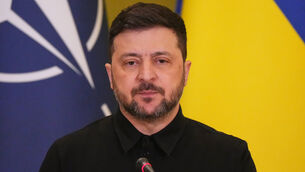UN condemns Syria violence
The UN's top human rights body has voted overwhelmingly to condemn Syria over the slaughter of more than 100 civilians last week.
However, Damascus appears impervious to the ever-increasing global condemnation following a string of massacres.














